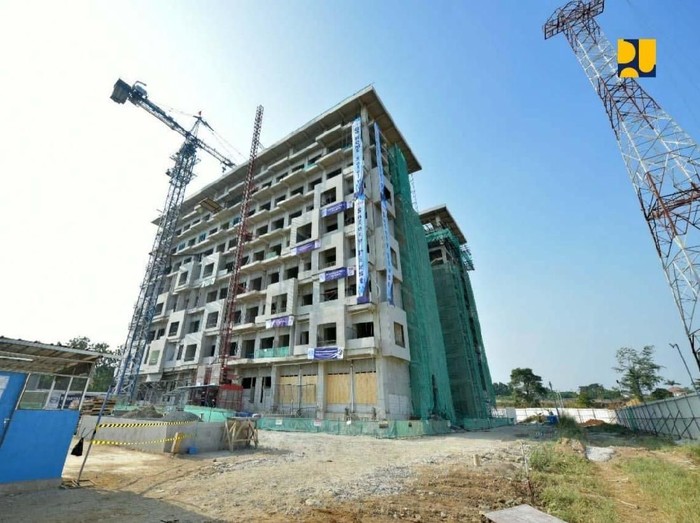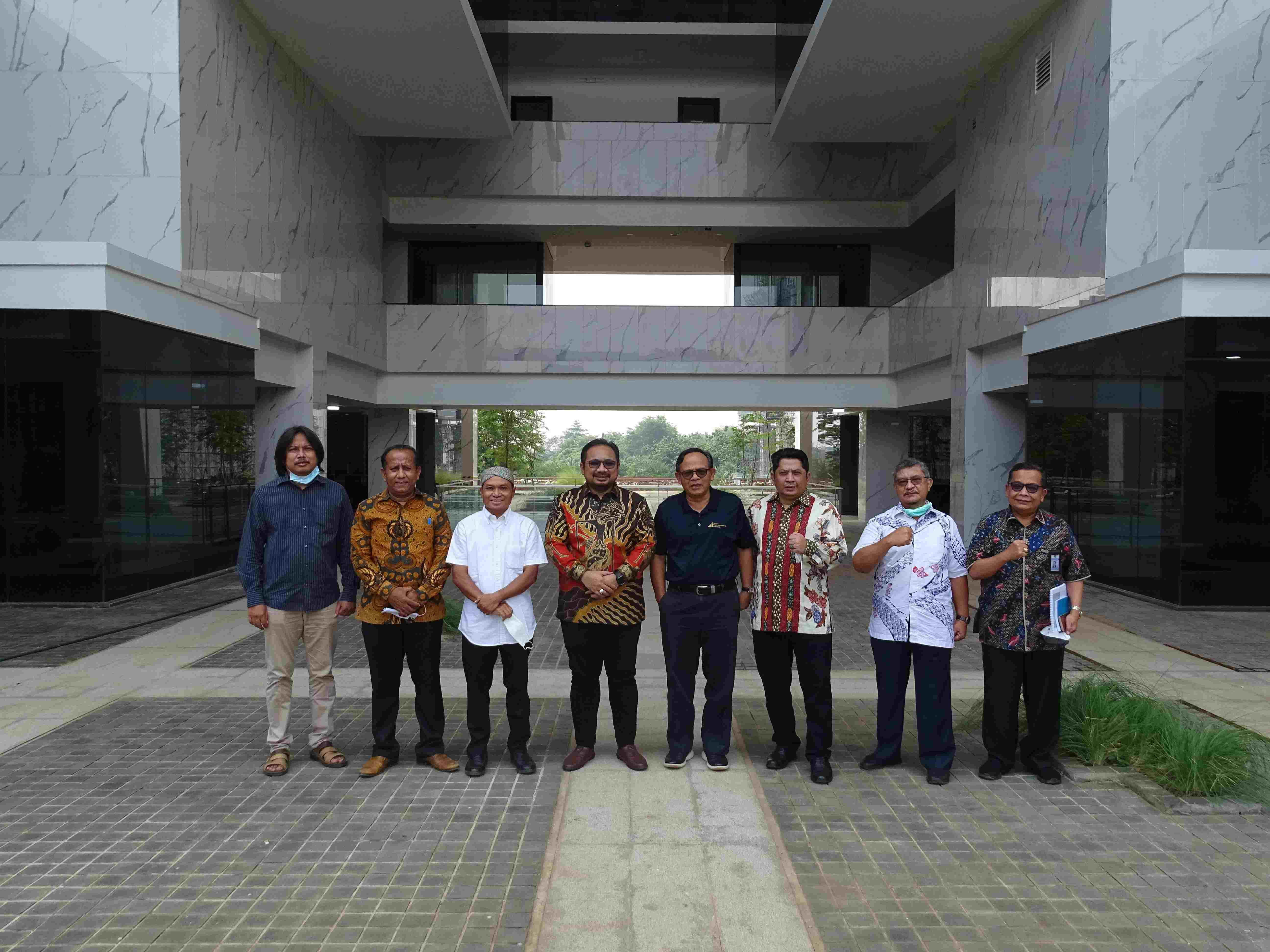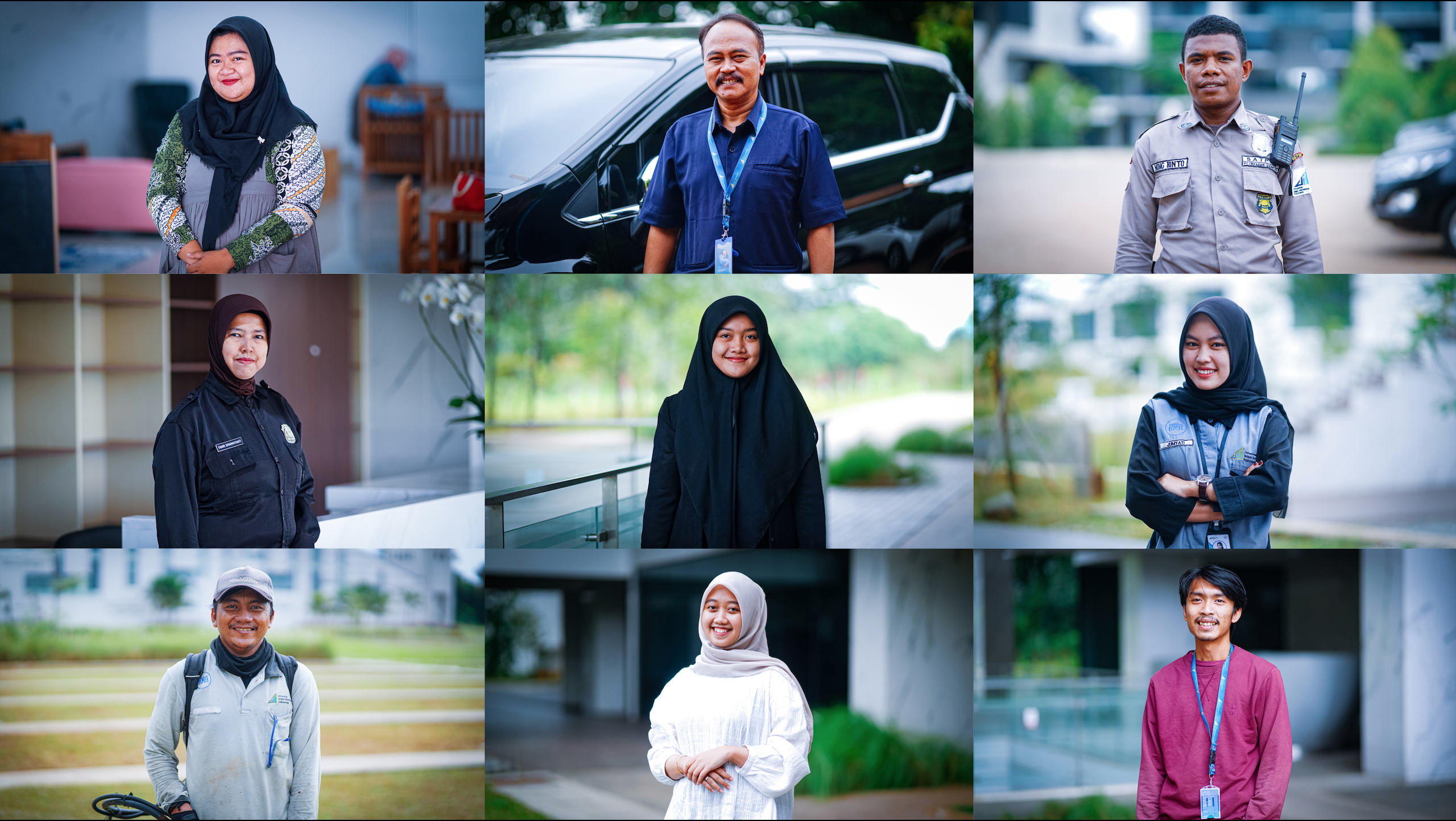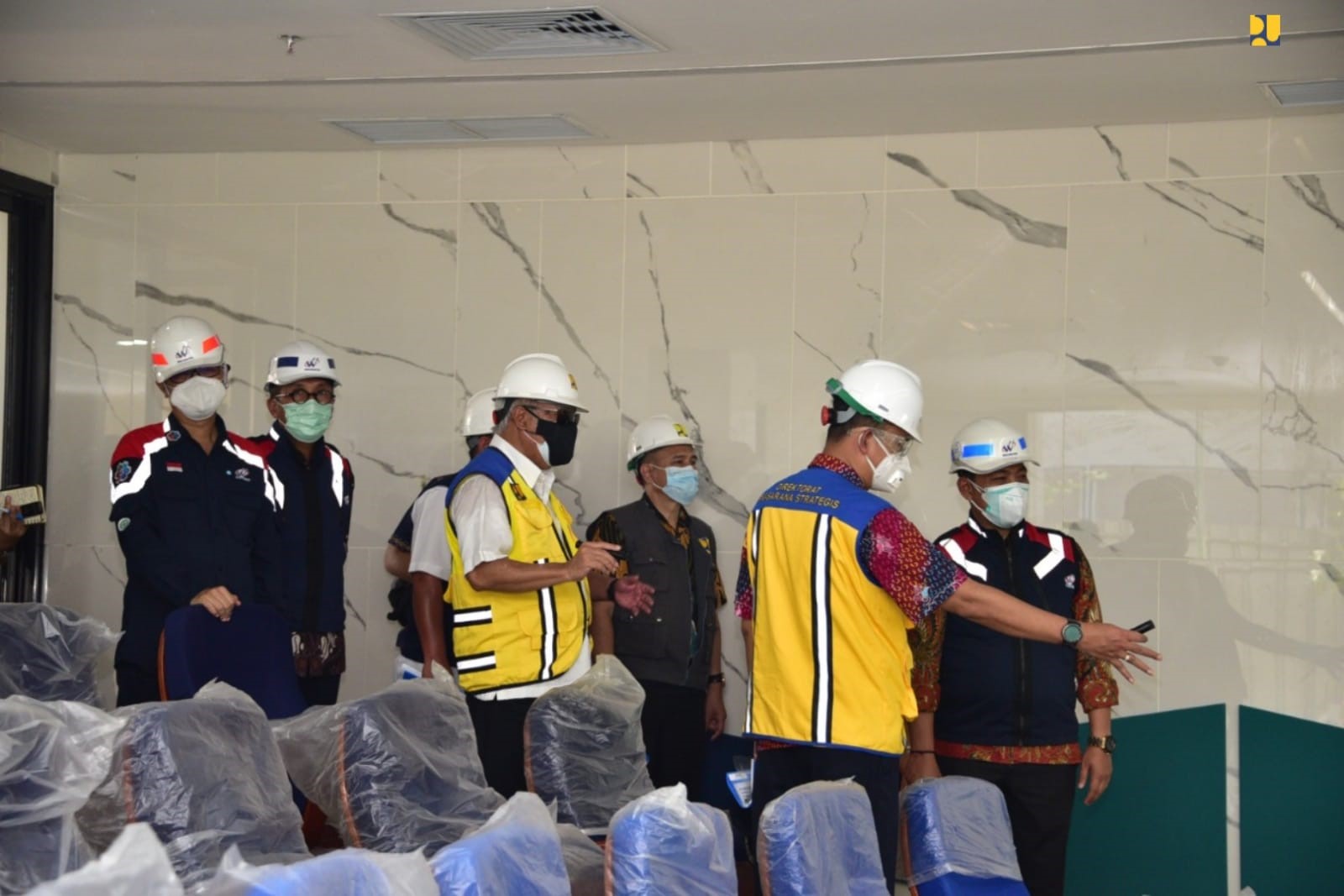Exception Granted, UIII Campus Construction Continued
March 14, 2021
Bandung - The Panel of Judges at the Bandung State Administrative Court (PTUN) granted
the exception of the Ministry of Religion regarding land disputes in Cimanggis, Depok City, West Java, for the construction of the Indonesian International Islamic University (UIII). The campus building project is simple.
The granting of the exception was based on the interlocutory decision issued by the Bandung PTUN judge on land case with case number 137 / G / 2019 / PTUN.BDG. The case was sued by residents or cultivators who are members of the All-Indonesian Verponding Land Residents Deliberation Council (BMPTVSI) on December 11, 2019.
The trial ran until finally the UIII as intervention I and the Ministry of Religion (Kemenag) as intervention II made an exception. The judge then made an interlocutory decision, which granted the exception from the Ministry of Religion. With this decision, the plaintiff's claim was not accepted.
Director of Islamic Religious Higher Education (PTKI) Arskal Salim said he was grateful for the decision of the Bandung PTUN panel of judges. According to him, the decision will have an impact on the continuation of the UIII development project. "The decision is a great relief, especially the UIII national strategic project being continued. Indeed, there is no stoppage because it is certain that this is state-owned land given to the Ministry of Religion for the UIII process," Arskal said in an online press on Thursday (30/4/2020).
Arskal said that with this decision, it would automatically make it more convincing that the land designated for UIII development actually belongs to the Ministry of Religion. "If we look at the arguments readings, which are included in the ruling that this is an endorsement, validating the news that the Ministry of Religion has absolute rights in controlling or building a national strategic project on land in Cimanggis, Depok," he said.
"In this form, as the holder of the ownership rights of the land user, the Ministry of Religion ensures that no party is trying to control the land anymore, ensuring the process of work in the field. Because we do not hesitate to follow up on the legal process. Because, we urge all parties to respect the ruling. clearly rejects the lawsuit, "Arskal added.
The lawyer for the Ministry of Religion, Misrad, said there were several considerations by the panel of judges who finally accepted the exception from the Ministry of Religion and rejected the cultivator's lawsuit. He said based on the judge's consideration, the lawsuit had to be settled first in the district court to determine the legality status of the land owner.
"The judgment of the exception, the judge's conspicuous consideration, states that this lawsuit is not about administrative matters, but regarding ownership, regarding their rights to the land. Therefore, the panel of judges is of the opinion that what is meant by (land ownership) is not the authority of the administrative panel. the country to judge, "he said.
"The authority of the district court will decide whether they are entitled, whether they are legitimate as cultivators or not. That is what the plaintiff has to prove first. So that authority lies with the district court, not the state administrative court," Misrad added at the same press conference. .
Misrad also conveyed other considerations. According to him, the plaintiff did not have clear legal standing, one of which was about ownership of the identity of the population. "What is their legal standing? Because they generally do not have ID cards there. They are in another place administratively, but they claim that on the land they have rights as cultivators," he said.
Apart from that, according to Misrad, the area being sued is also unclear. The plaintiff, he continued, only sued 33 hectares of the total 142 hectares. "The area that they sued was only 33 hectares with the plaintiffs 226 people claiming a small part of the total land area of 142 hectares. But the problem is how they sued. Of the extent, their lawsuit is not clear. To clarify this, they have to submit to a district court. who have the authority to determine whether they have the right or not, "he said.
Misrad added that the plaintiff's legal basis is still a question mark. The evidence that they are cultivators is not clear. "Do they have a legal basis? Evidence that their cultivators are only one-sided statements. They do not have legality, say from the sub-district, RT-RW stating that they are cultivators. The name is a cultivator, by definition we are people who work on other people's land," he said.
"So to work on that person's land, do the authorities who have the right ever have the right to work? Well, that is the authority of the district court that must be decided first. Therefore, the panel will easily declare the lawsuit unacceptable," said Misrad.
- UIII Extends Application Deadline for 2025 International Admissions
- What Does Eid al-Fitr Mean for the UIII Academic Community?
- UIII PhD Scholar Ararat Kostanian Delivers Lecture at Armenia's Yerevan State University
- Swedish Ambassador to Indonesia Applauds UIII’s Vision, Explores Future Collaboration
- Depok Mayor Supports UIII as the Green Lung of Depok and Beyond
- Depok Mayor Pledges to Build Performance Hall at UIII
- New Parking Facility Launched, Part of UIII-Sentra Medika Hospital Partnership
- Yogyakarta’s UII Won 1st FisFastFest’s Clash of Campuses
- Vice Minister of Religious Affairs Praises UIII as a Global Hub for Islamic Education
- Hurray!! UIII Wins Football Championship


